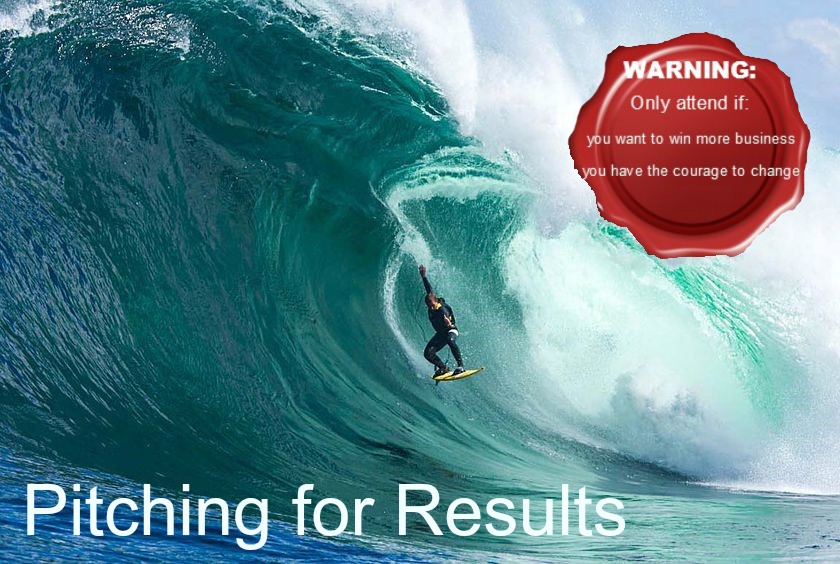Case Study 1
The Sustainable Business Model
South West Airlines
South West Airlines (www.southwest.com) have a strategy that delivers frequent, low-cost flights that have an emphasis on fun. One element of strategy is choosing which activities a company will not perform, and another is to perform different activities to your competitors. One key to frequent and low cost flights is turning around a plane fast - South West turns around planes at airport gates in only 15 minutes. To achieve this, South West have chosen not to provide certain extras: no meals, no assigned seats, no interline baggage transfers and no premium classes. They also operate only on uncongested routes, and offer automated ticketing at the gate, eliminating the need for travel agents. South West provides a different service to their competitors.
The non-hierarchical structure of the employees of South West further supports their strategy. In most airlines there is a clear demarcation of work between the pilots and cabin staff. In South West, all of the staff are part of a team that together ensure the plane is cleaned and replenished in 15 minutes. All staff are trained to perform all of the tasks needed to turnaround the plane; for example, pilots will help to clean the toilets and take out the rubbish.
A foundation for their success was based on work and planning done by their senior team, including the CEO Herb Kelleher, and team members Kim Barret and Colleen Barrett who help put the strategy into action.
One distinctive capability that South West possesses is the maintenance of a culture of fun for the customers and the staff. This fun culture encourages the staff to 'hustle' and get things done faster, and therefore turn around the planes faster.
A competitor, Continental airlines formed Continental Lite to compete with South West. Continental Lite tried to copy the position of frequent and low cost flights. Continental Lite lowered fares, eliminated meals and first class service. However, they maintained interline baggage transfers, seat assignments and travel agents. Although, to reduce costs they did reduce the commissions of travel agents. With this combination of activities, Continental generated 1000's of complaints each day, lost hundreds of millions of dollars, and the CEO lost his job.
Strategy requires trade-offs - taking one position in the market often prevents a company from delivering another position: South West had a clear position, 'frequent, low cost and fun' and succeeded; Continental tried to have full service flights as well as frequent and low cost flights, and failed.
'Fit' is the consistency between the activities of a company and its strategy. South West has a good fit where the activities support the strategy and reinforce each other. For example, creating a fun environment for the staff encourages high productivity, which delivers a fast turnaround of planes. In contrast, Continental had some activities that supported the position of frequency and low-cost and some activities that prevented them delivering the position.



 Email Article
Email Article